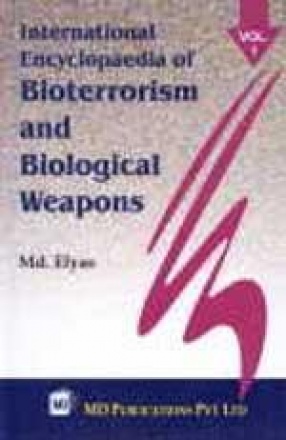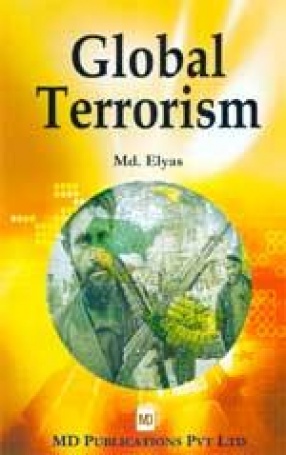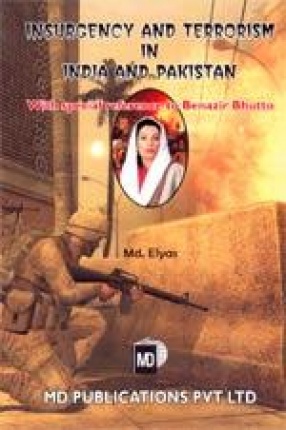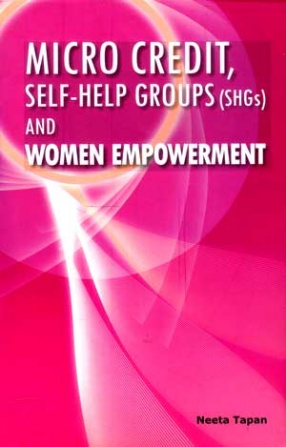International Encyclopaedia of Bioterrorism and Biological Weapons (In 2 Volumes)
In stock
Bioterrorism is the use of a biological weapon against a civilian or military population by a government, organisation, or individual. As with any form of terrorism, its purposes include the undermining of morale, creating chaos, or achieving political goals. Biological weapons are micro-organisms and toxins to produce disease and death in humans, livestock and crops. Bioterrorism can also be used as a weapon to damage or destroy the economy of the target nation. Indeed, the few antrax incidents in the last few months of 2001 cost the United States government hundreds of millions of dollars in treatment, investigation and other response measures. Biological weapons pose a horrifying and growing threat to the United States and to the world in general. The contributor consider the current threat posed by biological weapons, the history of attempts to control them, episodes in which biological agents have been used, Iraq’s biological warfare program and policies that the United States might pursue to reduce the threat. The program in the 50s and early 60s, bio-weapons were effectively pulled off this country’s agenda in 1972 when countries around the world, led by the United States, forswore development of such weapons at the Biological and Toxin Weapons Convention. The editor conclude that while a biological attack against the United Nations is not necessarily inevitable, the danger of bio-weapons is too real to be ignored. Well researched and documented, this book will not disappoint readers looking for a reliable and sober resource on the topic.







There are no reviews yet.